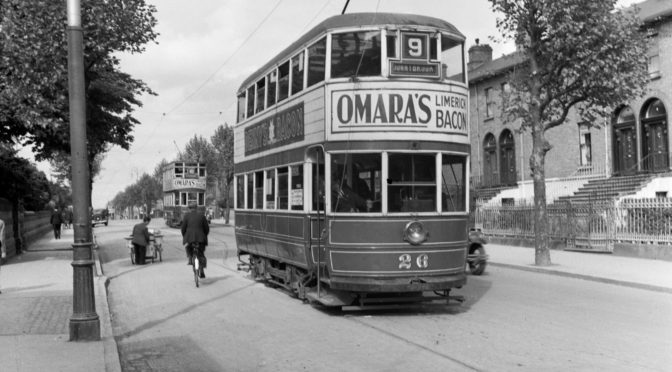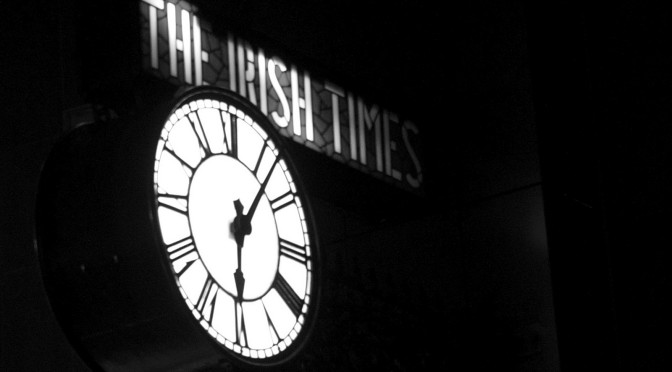Karl O’Neill writes in the Irish Times of taking a walking tour of the six houses Sean O’Casey lived at in Dublin. The tour starts at 85 Dorset Street and covers an area of just under a square kilometer of Dublin before ending at 422 North Circular Road where Sean wrote the plays of his Dublin Trilogy.
Place is an important part of any life. While Sean’s plays are very much about people, those people are the product of a very particular environment. We can’t travel back in time but we can traverse the same spaces.

